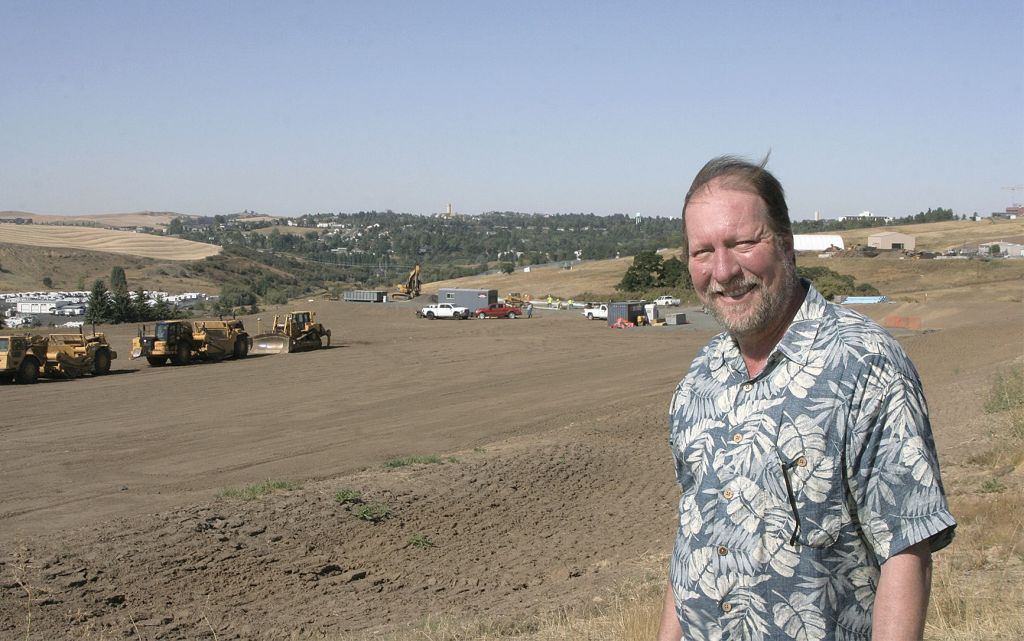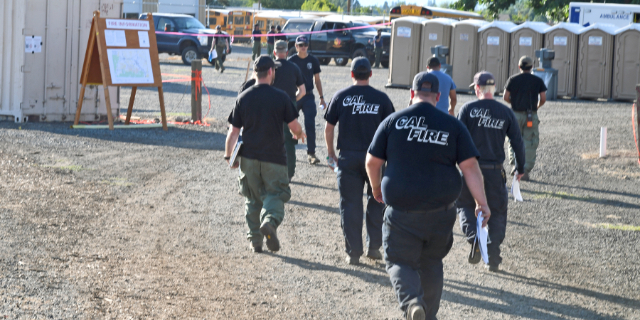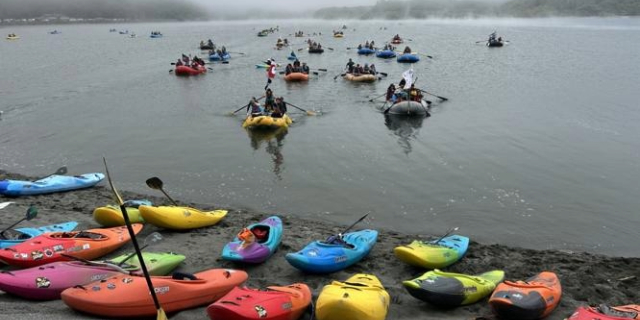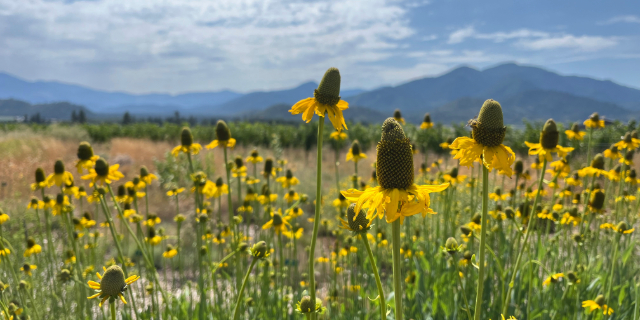New WSU grass farm to breed for ‘lawns of the future’
Published 10:30 am Thursday, October 10, 2019

- Washington State University professor Michael Neff overlooks the university’s new grass farm Sept. 4, 2019. Neff’s breeding program is developing a no-burn Kentucky bluegrass, long in the making.
PULLMAN, Wash. — Most people take pictures of flowers, but not Michael Neff.
Trending
The Washington State University molecular plant science professor takes pictures of grasses.
“Grasses are what hold the earth together,” he said. “Grasses stitch the soil, are what prevent erosion and can help tremendously towards building more soil.”
Neff will oversee the university’s new perennial grass breeding and ecology farm, breeding native and non-native grasses for “the lawns of the future.”
Trending
They will be “low-water, low-impact lawns,” he said. “Maybe not lawns you’re going to play sports on, but you would walk across the lawn to pick your tomatoes in your garden.”
The 5-acre farm is slated to be completed in November. It is adjacent to USDA’s plant materials center and plant germplasm introduction station, which is in charge of the nation’s cool season grass seed collection.
“When they grow out a collection of grass seed because they’re getting old and might not germinate very well any more, we can go and walk the field with them and see which ones we like,” Neff said.
Research funds from the Washington Turfgrass Seed Commission will also help the state’s Kentucky bluegrass growers deal with milder winters, which impact flowering and yield.
He’s also working to breed teff for crimson-colored flowers and white seed, considered the top food grain in Ethiopia.
WSU could license the variety to a company, which would produce the seed and sell it, creating a self-sustaining program, Neff said.
Scientists will also work with native grasses such as Western wheatgrass, tufted hair grass and prairie june grass.
The farm will provide the ability to develop new species and allow farmers to grow them, said Orlin Reinbold, an owner of Landmark Turf and Native Seed in Spokane.
WSU and USDA worked with Reinbold’s grandfather to develop many grass varieties, some of which are still “workhorses” used today in conservation efforts.
As the government drew away from that, the need for WSU and other universities to develop such varieties has become critical, Reinbold said.
WSU’s new farm could also develop varieties that are more drought-tolerant and use fewer chemical inputs, Reinbold said.
The new farm will usher in “the next generation” of research on field practices, insects and diseases or herbicide use, and allow the industry to work with WSU more often, said Travis Meacham, chairman of the Washington Turfgrass Seed Commission.
“Their focus on turfgrass all the way from seed to final product is looking stronger,” Meacham said. “I think it’s going to help out what they can do for us quite a bit.”
Neff is raising $3 million for an endowed chair for the farm and $5 million to name the farm. The funds will help run the farm.
“Grass seed production is historically a major industry here in Washington, and WSU has a major strength in breeding and genetics,” Neff said. “To be able to bring those two things together and go in a new direction is huge.”









